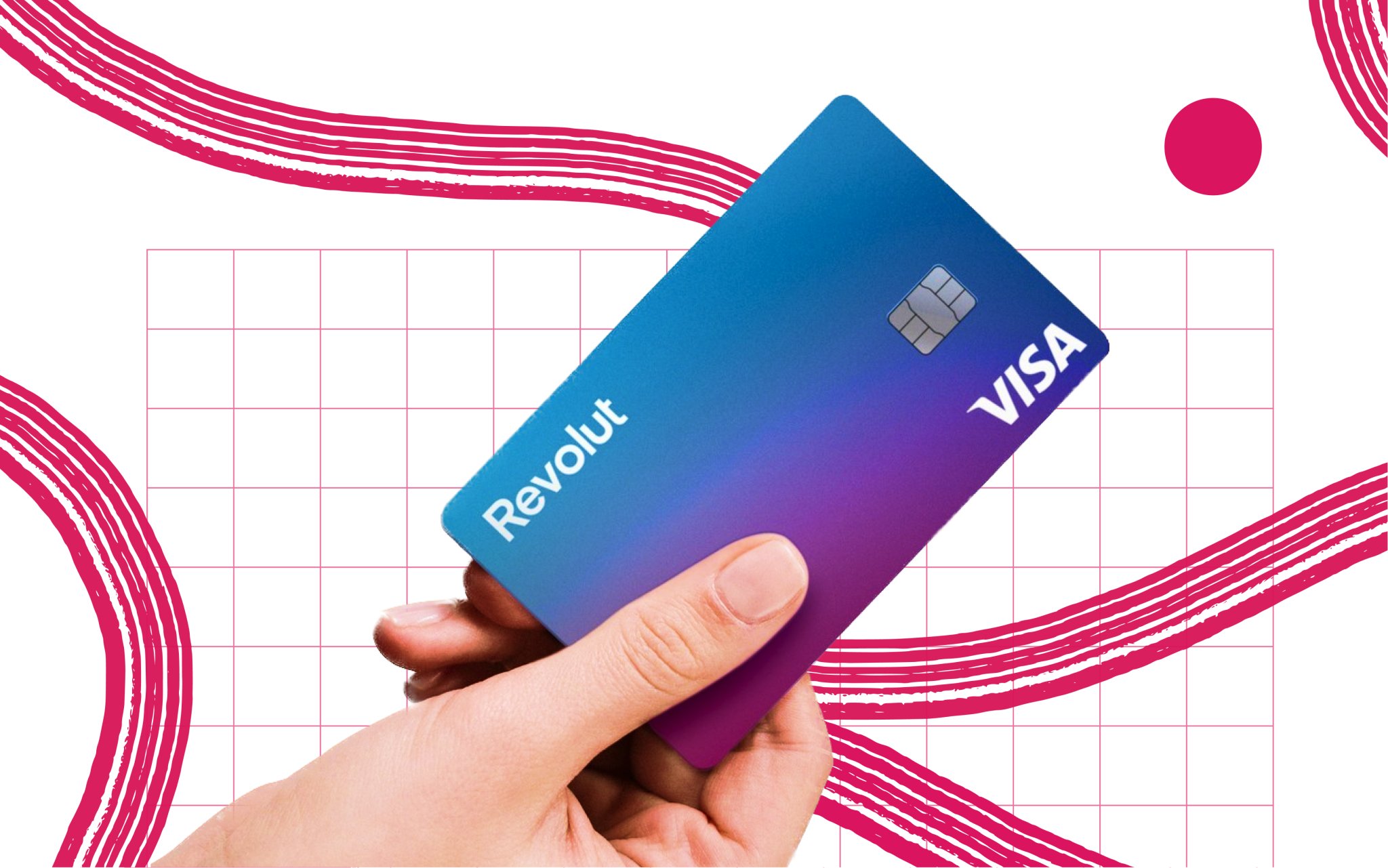In the wake of Klarna’s massive downround last week, the title of Europe’s most valuable private tech company has a new owner: payments giant Checkout.com.
The London-headquartered company was last valued at $40bn when it raised $1bn in January — a 166% uplift on the $15bn price tag it scored a year earlier. But given the wider drop in tech stocks and concerns about economic growth, does Checkout.com’s valuation still stack up?
Changing fate
On a basic level, it’s easy to see how investors arrived at such a lofty valuation. First off, it’s not even half of the $95bn price tag Checkout’s larger US competitor, Stripe, was assigned at its last fundraise in March 2021 (though that has recently been lowered). And at the time of Checkout’s raise in January, its publicly listed Dutch counterpart Adyen’s market cap was $62.7bn.
Adyen and Checkout.com are very similar in the services they provide. Both are payment gateways that process ecommerce payments between consumers and merchants, handling everything from the security of transactions to the end customer’s checkout experience. Adyen is six years older than Checkout, and tends to serve large enterprises, while Checkout focuses on mid-sized companies.
While buy now, pay later companies like Klarna’s margins are at the mercy of interest rate hikes, VCs are drawn to the predictable revenues, stickiness and limited credit risk of — relatively — straightforward payments processors like Checkout.
All these payments companies thrived during the pandemic, when online retail sales in the UK alone increased fivefold.
But, fast forward to July 2022 and Inflation is skyrocketing, a recession looks likely and Europe’s consumer spending is at risk. This is a key influence on revenue that Checkout shares with Klarna: at their heart, these payments companies rely on transaction volumes.
The two most comparable companies to Checkout, Stripe and Adyen, have already suffered changing fates in the last few months amid the wider global tech stock crash.
Last week, media reported that Stripe has lowered its internal valuation by 28%. Meanwhile, Adyen’s market value has crashed from $81bn as we entered 2022 to $45bn today — that’s down 44% in the year to date, though that's still outperforming the likes of PayPal, Block or Affirm.
Unlike Stripe, none of Checkout’s shareholders have made their holdings evaluations public. But if we were to hazard a guess at its valuation based on marking its shares to market against these two main competitors, you could assume a valuation drop of around 36% in 2022.
Taking a look at revenue
Digging into the financials that underpin Checkout.com’s valuation is a difficult task.
Revenues are only available for Europe and, thanks to the time of year we’re writing this, for 2020. They stood at $253m — a 73% boost from 2019.
Checkout.com was contacted for this article but declined to share any more recent figures or comment on global revenues. So we’re forced to rely on guesswork. There’s a couple of ways we can approach this — but please take the below with a pinch of salt.
Back-of-the-envelope calculations
Checkout founder Guillaume Pousaz has previously told Sifted that 50% of its transactions come from Europe. If Europe makes up 50% of the company’s transactions, let’s assume it makes up roughly 50% of its global revenues. Let’s say then that Checkout.com’s global 2020 revenues stood at $506m — double the European sum.
That would make Checkout.com’s latest valuation a whopping 79x multiple on its estimated 2020 global revenues.
Comparing to Adyen
Adyen’s performance is a useful barometer for making sense of this multiple. Adyen reported a 46% increase in net revenue to about $1.14bn in 2021, meaning it’s trading at a roughly 39x revenue multiple.
On Checkout.com’s 2020 revenues, a 39x multiple for the company would suggest a valuation of $9.87bn.
But to make that up to $40bn a year later would be quite the jump from its 2020 reported European figure of $253m. While it’s not impossible that Checkout saw such a huge revenue uptick in 2021, it’s unlikely to be so far ahead of Adyen’s already strong performance.
What’s more likely is that Checkout’s investors were paying a premium on Checkout.com compared to Adyen at the company’s latest raise. The size of this premium depends on how close to our first or second global revenue estimates of Checkout’s 2021 performance came.
Looking at ebitda
Checkout.com only posts its financials for its European branch. In 2020, its losses before tax stood at $35.6m. When asked for details of current global earnings before interest, tax, depreciation and amortisation (ebitda), a spokesperson for the company simply says: “Checkout.com has a strong balance sheet and remains profitable.”
These are the most recent financials we have to play with: given the consumer expenditure squeeze across Europe, as well as the post-pandemic return of in-store shopping, it’s likely that these metrics are worse in FY2022.
That’s certainly the case with Klarna, for whom “pay later” accounts for 40% of its transaction volumes. The company quietly announced in May that pre-tax losses tripled to $250m in Q1 2022 on the same period last year.
Of course, Klarna has not been profitable since 2017 — and its business model is much more exposed to macroeconomic headwinds than straightforward payments processors like Checkout and Adyen. But these losses will certainly have influenced its investors’ decision to cut its valuation by 85% last week. Like Klarna, Checkout still also relies on transaction volumes.
Blossom Capital is one of only two European investors that remain on Checkout’s cap table, having backed the company since its Series A in 2019.
Blossom’s founder Ophelia Brown tells Sifted that the company’s bootstrapped origin (Pousaz grew the company for seven years before he began fundraising externally) plays a big part in her confidence in its current valuation.
“This team has built next-generation technology from scratch to serve a near-infinitely expanding TAM [total addressable market], and are uniquely positioned to support businesses through a tougher economic environment to both unlock new market growth and increase efficiency across their payments,” Brown says.
“The company has long proven it has a sustainable business model built on unit economics that allows for that rare thing in today’s landscape — a profitable fintech. This might be the point of comparison vs eg. Klarna."
Betting on the future
Of course, the idea behind a private startup valuation is a bet on future growth. As we entered 2022, Checkout’s Series D investors made their bets when ecommerce transactions were at record highs. In its peak-pandemic 2020 results, Checkout.com said global volumes grew 200%.
But this growth is now at risk.
“We’ve seen a significant slowdown in growth heading into 2022,” says Adam Davis, associate fintech partner at Bain & Co.
“With stimulus-induced savings subsiding and debt balances increasing, so consumers’ confidence and their propensity to spend wanes, which will negatively impact these valuations.”
Not only is the payments market worth trillions of dollars but revenues are predictable, they are sticky and their credit risk is limited. Checkout’s operational risks are far smaller than Klarna’s — it’s stayed well clear of lending.
This means it’s also a very competitive space. Checkout is up against the likes of Stripe and Adyen these days, having now directly taken them on in the US with its office openings in Denver and New York. But it’s still some distance off their size.
“If you consider that a valuation based on forward-looking revenue is considered healthy at around the 4x/6x mark (Apple currently resides in that bracket), then there is no doubt that some private tech companies are overvalued based on fundamentals,” Davis says.
“The question that investors will ask is around the sustainability of exponential-type growth, which is the one lever available to keep valuations high.”
Given that Checkout reported its FY2020 results last October, up-to-date financials for its current performance could be more than a year away.
The company has gone extremely quiet since its January raise and declined Sifted’s request to chat about current business performance.
But given that Checkout says it’s profitable and is making money since its hefty capital injection in January, there’s no incentive for Pousaz to go out and raise more money.
This means we probably won’t have any clarity on the company’s valuation any time soon: it will likely avoid having to “mark to market” at a potentially lower price tag for as long as possible.
Amy O’Brien is Sifted’s fintech reporter. She authors Sifted’s fintech newsletter and tweets from @Amy_EOBrien



